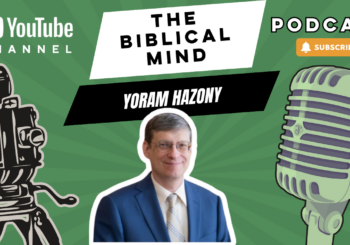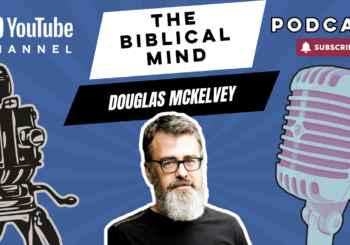Hebraic Thought in Christmas, Part 2: Humble Moms and Shepherds
When we read the Bible, we have a tendency to disconnect the New Testament from the Old Testament—perhaps it’s because there’s a blank page in the middle, perhaps it’s because we think that the New has superseded the Old. The the narrative of Jesus’ birth is one such example. Often, we fixate on the Christmas story without recognizing the very necessary undertones that derive from the Hebrew Bible: endangered babies, murderous kings, shepherds, and moms singing songs.
The Christmas story tells of a humble woman breaking out into poetry because of her surprise pregnancy. Does this sound familiar? For readers of 1 Samuel, Mary’s Magnificat and the situations surrounding the birth of the Messiah are not unfamiliar; Luke alludes regularly to features of the Old Testament to help his readers understand the birth of Christ. Likewise with the shepherds, who draw on a motif of shepherding throughout Scripture. Both humble moms and shepherds at Christmas point us to enduring features of Hebraic Thought: subtle allusion, mixing and melding of themes and paradigms, and an ethical emphasis on deliverance for the vulnerable.
Shownotes:
- 0:00 Recap of Part 1
- 1:49 1 Samuel, Hannah, and Mary
- 6:55 David and Bethlehem
- 8:30 The Magnificat and literary allusions
- 13:46 The shepherds, van Gogh, and Biblical brushstrokes
- 16:41 Deliverance for the vulnerable during Christmas
- 19:22 Conclusion
Did you miss PART ONE of this podcast?
Credits for the music used in the CHT podcast can be found at: hebraicthought.org/credits





